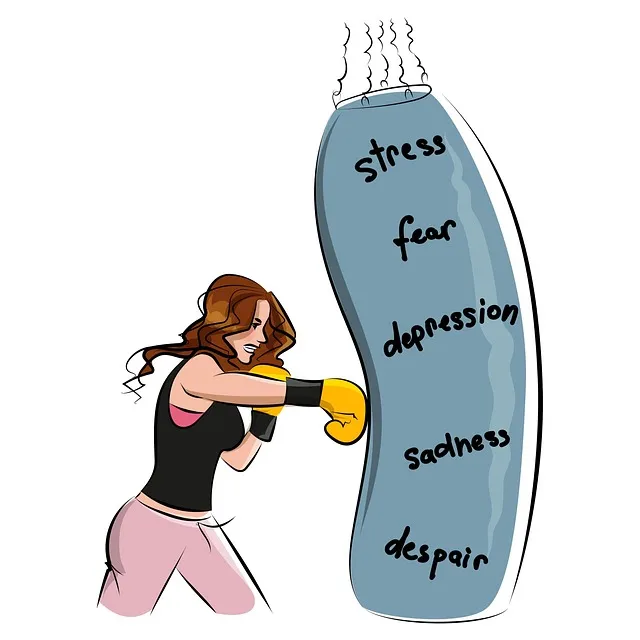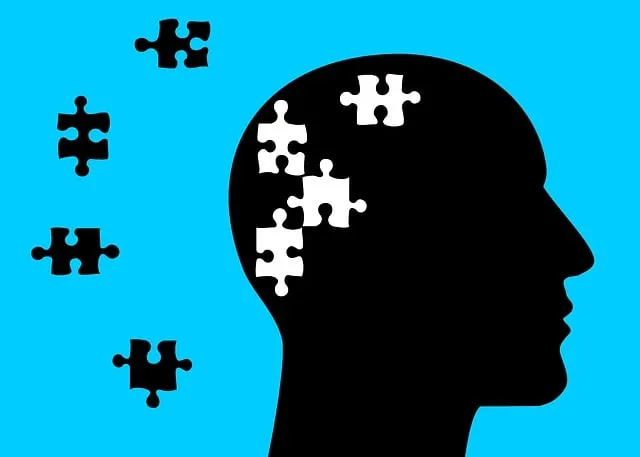The Wheat Ridge Kaiser Permanente behavioral health center advocates for accurate and empathetic mental illness representation in media, aiming to reduce stigma and promote understanding. They guide healthcare providers through initiatives like Crisis Intervention and Mental Wellness Coaching Programs Development, encouraging viewers to seek help without judgment. Their goal is to engage both the media industry and community through strategic communication and Resilience Building initiatives, challenging stereotypes and fostering open dialogue about mental health. By employing diverse storytelling and emotional intelligence, they aim to transform media narratives into authentic and compassionate portrayals of mental health in popular culture.
In today’s media-driven world, accurate representation of mental illness is paramount. This article delves into the challenges posed by misleading portrayals and their impact on societal stigma. We explore strategies for responsible media depiction, highlighting the crucial role played by institutions like the Wheat Ridge Kaiser Permanente Behavioral Health Center in fostering positive change. Through a comprehensive overview and real-world examples, we offer insights into how ethical representation can transform public understanding of mental health.
- Understanding Mental Illness Representation in Media: A Comprehensive Overview
- The Impact of Misrepresentation: Challenges and Stigmatization
- Strategies for Accurate Portrayal: Opportunities for Positive Change
- Wheat Ridge Kaiser Permanente Behavioral Health Center: Leading the Way in Responsible Media Depictions
Understanding Mental Illness Representation in Media: A Comprehensive Overview

Understanding Mental Illness Representation in Media: A Comprehensive Overview
Media plays a pivotal role in shaping societal perceptions about mental health, making accurate and empathetic representation crucial. The Wheat Ridge Kaiser Permanente behavioral health center has been at the forefront of this movement, championing for more nuanced portrayals in film, television, and news media. Currently, many mental illnesses are still stigmatized, often depicted as rare or sensationalized, leading to misconceptions and fear. This is where organizations like Wheat Ridge Kaiser Permanente step in, providing guidance through initiatives such as Crisis Intervention and Burnout Prevention Strategies for Healthcare Providers.
By integrating Mental Wellness Coaching Programs Development, media can offer more realistic portrayals of individuals dealing with various mental health conditions. It’s about showcasing the everyday struggles and triumphs, not just the dramatic crises. This shift could encourage viewers to seek help without fear of judgment, fostering a more supportive environment for open conversations around mental wellness. Ultimately, accurate representation in media has the potential to reduce stigma, promote empathy, and drive positive change in society’s approach to mental health care.
The Impact of Misrepresentation: Challenges and Stigmatization

The impact of inaccurate or stereotypical mental illness representation in media is profound and far-reaching. Often, media portrayals perpetuate harmful misconceptions that contribute to the existing stigma surrounding mental health issues. For instance, characters with mental illnesses are frequently depicted as dangerous, unpredictable, or completely incapacitated, which not only misleads audiences but also intensifies the social isolation experienced by those living with these conditions. This misrepresentation can be particularly damaging for viewers who might identify with these struggles, potentially deterring them from seeking help.
At the Wheat Ridge Kaiser Permanente behavioral health center, we recognize that media plays a pivotal role in shaping public understanding of mental illness. To counter these negative effects, our efforts focus on Mental Illness Stigma Reduction. We employ various communication strategies and Resilience Building initiatives to promote accurate representation and foster empathy. By engaging with both the media industry and the community, we aim to create a more inclusive narrative that challenges stereotypes and encourages open dialogue about mental health.
Strategies for Accurate Portrayal: Opportunities for Positive Change

At the Wheat Ridge Kaiser Permanente behavioral health center, we recognize the profound impact of media representation on shaping public understanding of mental illness. Accurate and empathetic portrayal can serve as a powerful tool for Mental Illness Stigma Reduction Efforts, fostering a more inclusive and supportive society. Strategies for Accurate Portrayal involve employing Emotional Intelligence to convey the complexities of mental health experiences. This includes diverse storytelling that reflects the wide range of individuals affected by these conditions, breaking stereotypes, and showcasing recovery narratives.
By implementing Empathy Building Strategies, media can bridge the gap between public perception and reality. Portraying characters with depth and humanity, rather than as mere caricatures, encourages viewers to connect emotionally and understand mental illness on a deeper level. This nuanced approach has the potential to spark conversations, challenge biases, and promote a culture of care and acceptance, ultimately transforming how we navigate mental health topics in our communities.
Wheat Ridge Kaiser Permanente Behavioral Health Center: Leading the Way in Responsible Media Depictions

The Wheat Ridge Kaiser Permanente Behavioral Health Center has emerged as a beacon for responsible media representation of mental illness. In an industry often criticized for its stereotypical and inaccurate portrayals, this leading facility is challenging norms through initiatives like their Mental Health Policy Analysis and Advocacy program. By actively engaging with both the community and media, they ensure that stories shared reflect the diverse experiences of individuals navigating mental health challenges.
Their Community Outreach Program Implementation further solidifies their commitment. They foster understanding and empathy by connecting directly with various communities, promoting open conversations about mental wellness. This grassroots approach complements their focus on Inner Strength Development—empowering individuals to share their journeys without stigma. The center’s proactive strategies are transforming media narratives, setting a precedent for more authentic and compassionate representations of mental health in popular culture.
Mental illness representation in media is a complex issue that significantly influences public perception. As highlighted in this article, the current challenges and misconceptions need addressing through accurate and responsible portrayals. The Wheat Ridge Kaiser Permanente Behavioral Health Center serves as a beacon for positive change by setting standards for ethical media depictions. By adopting strategies that foster understanding and empathy, we can collectively reduce the stigma surrounding mental health and create a more inclusive society. Let’s continue to support and advocate for realistic representations that reflect the diverse experiences of those living with mental illness.






